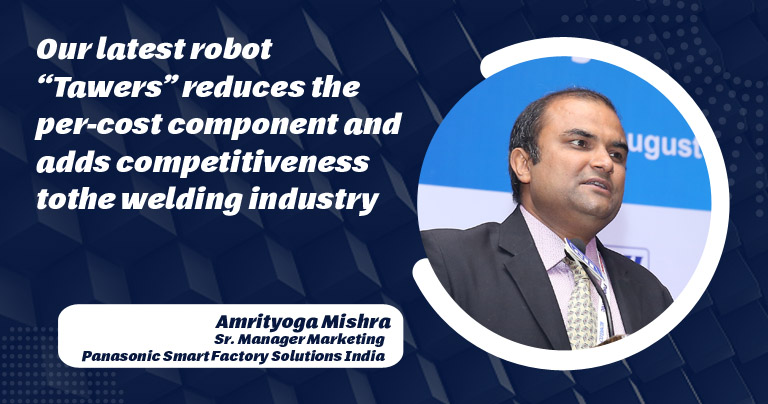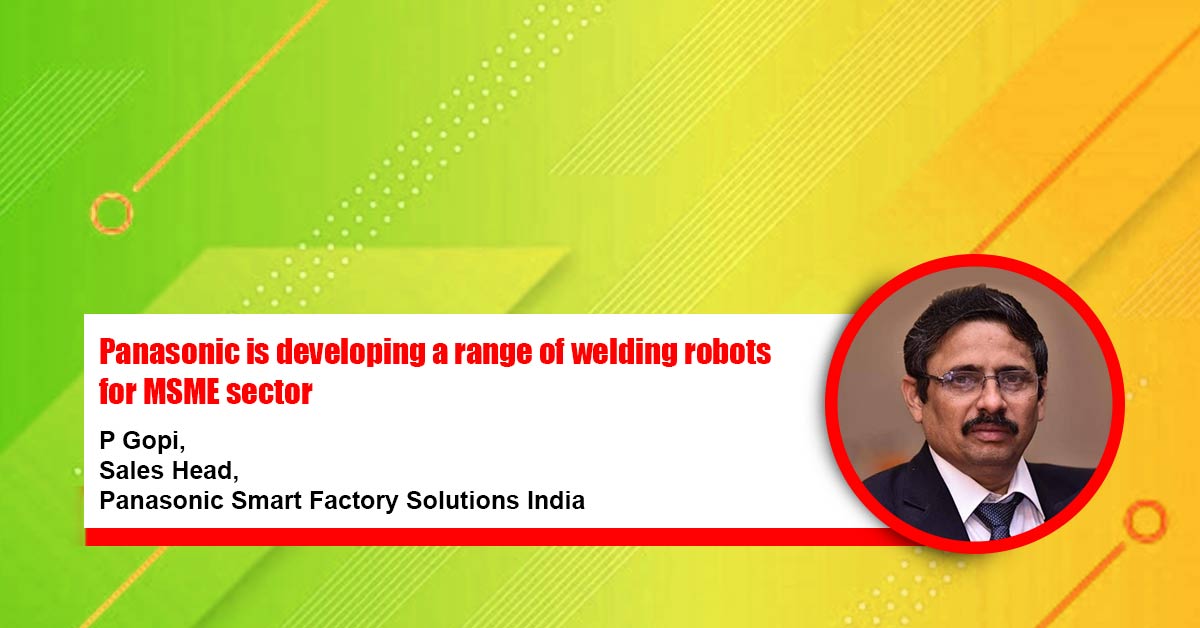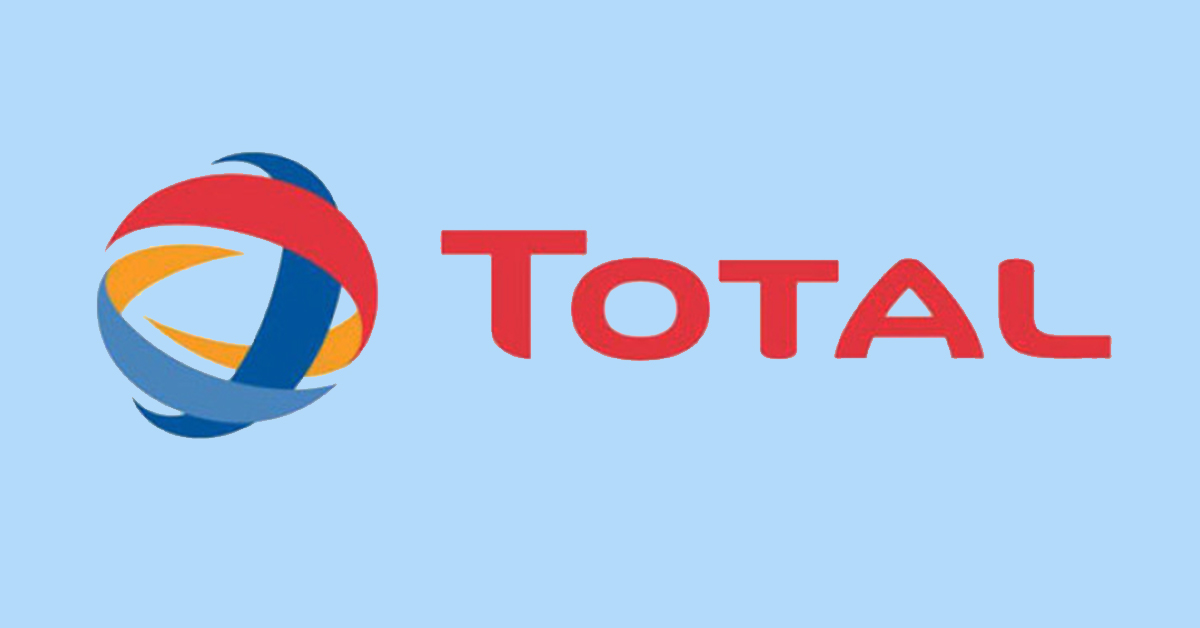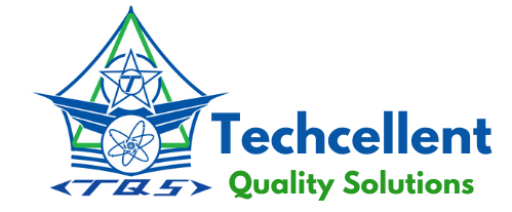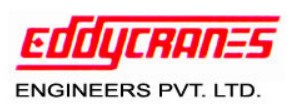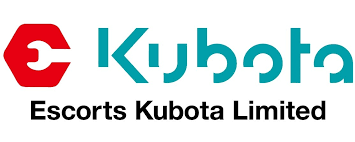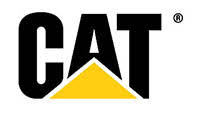TIG Welding: A technology to clad pipes
By Edit Team | January 23, 2017 10:18 am SHARE
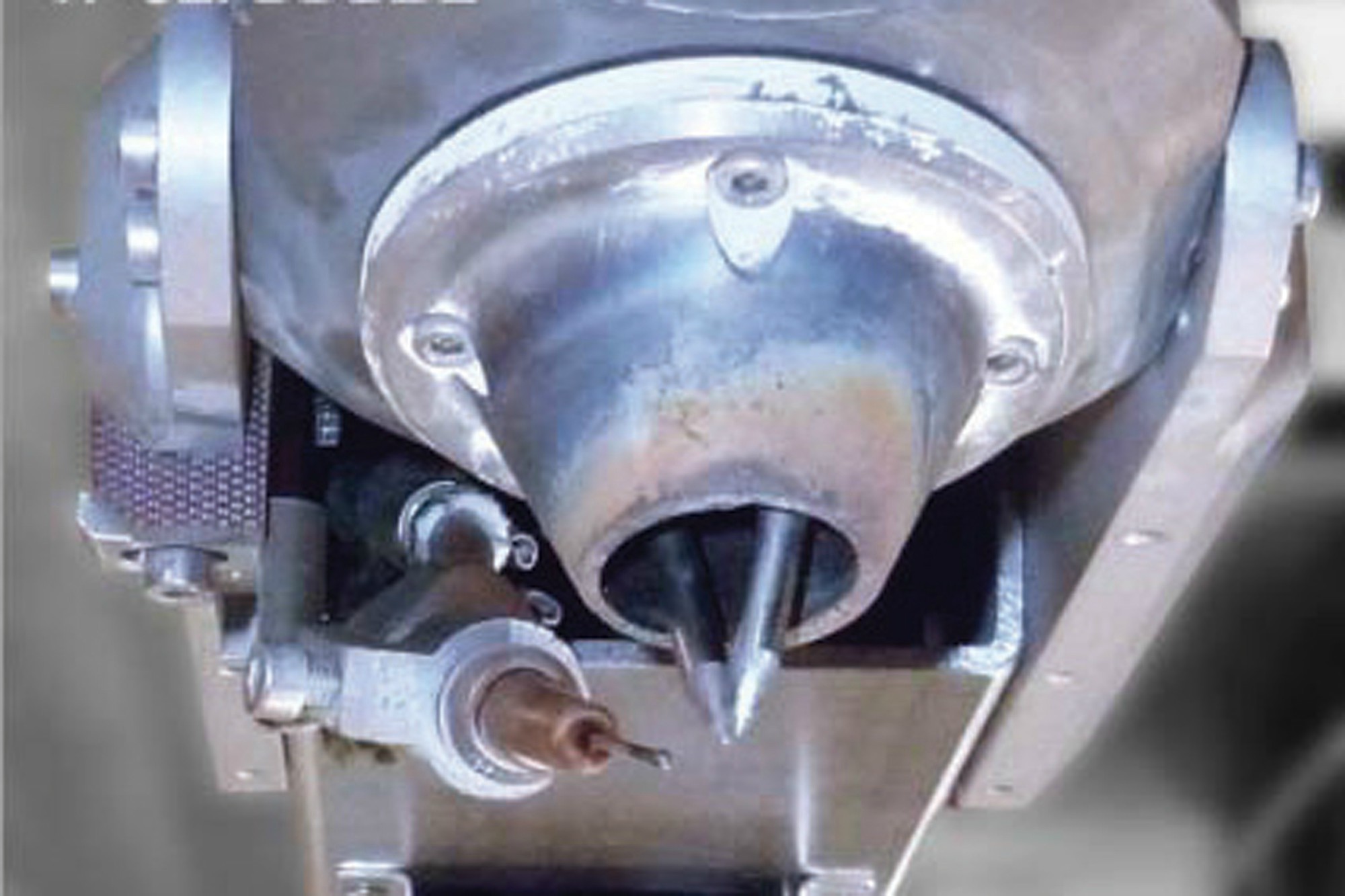
TIGer-weld overlay cladding of advanced metallurgical quality
The safe production and transport of oil and gas is highly dependent on reliable pipelines. Currently, there are several million miles of onshore and offshore pipelines that are currently in use.
Offshore pipelines and their constraints
Production lines are used to transport production fluids from subsea wells and manifoldsto offshore processing facilities, loading buoys, and S2B (subsea to beach). These production fluids are still unprocessed and are usually composed of hydrocarbons from gas and condensates, crude oil, water and solid impurities in varying proportions. Where the pipes close to connect with the subsea wells, the pipes often have to carry crude oil which is of a very high pressure and temperature.
Whilst design regulations for pipelines are less stringent than those for production lines, there is a growing demand for higher quality pipelines due to the immense environmental damage which leaks or failures of tubular structures can cause. Due to the declining productivity of existing wells, operators are forced to extend their exploration activities into deeper offshore waters. Consequently ever more production lines, with improved mechanical strength, will be necessary.
Another major concern is making sure that production lines are corrosion resistant. If the concentration of chloride, carbon dioxide or sulphur ions exceeds a certain level, the high strength low alloy C-Mn steel can corrode at a rate of about 0.2mm per year. Corrosion Resistant Alloys (CRA) such as austenitic and martensitic stainless steel and nickel-base and titanium-base alloys can withstand the strain of the corrosive chemicals.
Corrosion resistant alloy clad pipe
To combine the strength of low-alloyed Carbon steel with the corrosion resistance of CRAs, the inside of C-Mn steel pipes is covered with a layer of a suitable corrosion resistant alloy. Excellent bonding between the parent metal of the outer pipe and the deposited layer inside can be achieved if overlay cladding is applied. CRA clad steel pipes are characterised by the firm metallurgical bond between the host pipe and the inner CRA layer. It meets the highest quality standards.
The TIG weld overlay cladding process is becoming ever more popular for the manufacturing of CRA clad steel pipes. It is known for providing a smooth and regular surface with only small variations in thickness. The layer has ‘zero defects’, no pores, no lack of fusion and particularly low dilution rates.
Conventional GTAW/ TIG welding (Tungsten Inert Gas) is characterised by the creation of an electric arc between a refractory metal (alloyed tungsten) electrode and the workpiece in an atmosphere filled with inert gas. The electrode withstands the high temperature of the arc and directs it towards the fusion zone. The impact of the electrons causes the fusion of the parent metal, forming the weld pool which is shielded by the inert gas flow.
In case of the Hot Wire TIG process, the wire is preheated by the Joule effect of a separate current which is provided by an additional power source. Hot Wire TIG cladding allows increased melting rates and advanced productivity without compromising the reliability of the process or the quality of the deposited layers.
Using the TIGer technology to clad pipes
The process of TIG welding, especially TIG Hot Wire cladding applications have been made yet more efficient thanks to a recent development, known as TIGer technology. It is based on a new torch design. Whilst a common TIG torch has one single tungsten electrode, the distinct TIGer torch is equipped with two electrodes. Each electrode is supplied with current by its own power source.
The low arc pressure of the TIGer arc, combined with high welding intensity allows extremely fast welding speeds to be reached (over 1000mm/min). Furthermore, high deposition rates of 6 kg per hour or more per TIGer torch can be achieved, with only a low dilution rate between the deposited alloy and the substrate material. The dilution rates are less than 10 per cent for the first layer and 2 per cent for each of the following layers. If only one layer is deposited, it is possible to adjust the welding parameters to limit the dilution at 6 per cent.
It is possible to optimise the thickness of each layer to within a range of 1.0 to 3.0mm, this meets all known codes and standards. Consequently only the exact quantity of corrosion resistant alloy material need be added, which creates significant cost savings, considering the cost of CRA filler products.
Conclusion
TIGer overlay cladding technology is an advantageous way to satisfy the increasing demand for metallurgical bond CRA clad steel pipe. It is of a suitable quality for production lines and the crude oil exploration. The technology is 100 per cent defect-free CRA depositions, reasonable investments, increased efficiency and high flexibility are the reasons why companies have chosen and are successfully using Polysoude’s unique cladding technology in their production processes.
Contact:
Polysoude India
Plot No.X-17 MIDC, Bhosari
Pune – 411 044
Tel: +91 (0) 20 271 27 678 / 467 80 010
E-mail: ab.kulkarni@polysoude.in
www.polysoude.com
Cookie Consent
We use cookies to personalize your experience. By continuing to visit this website you agree to our Terms & Conditions, Privacy Policy and Cookie Policy.



